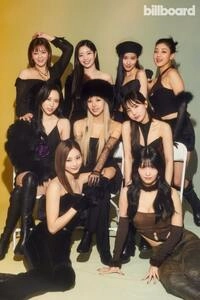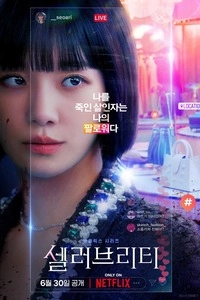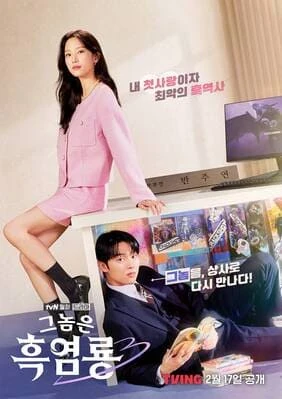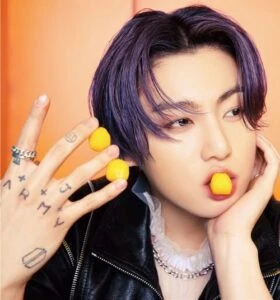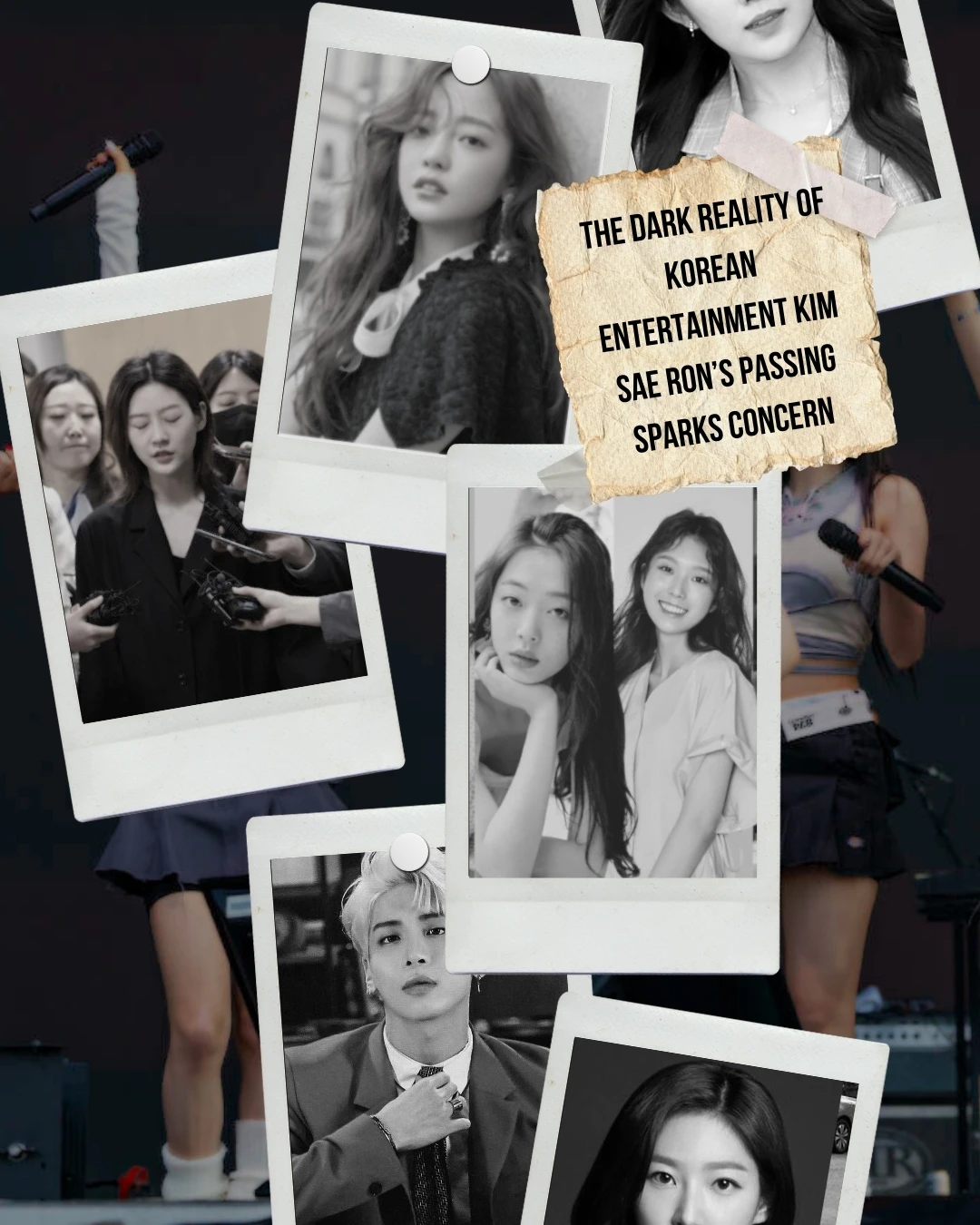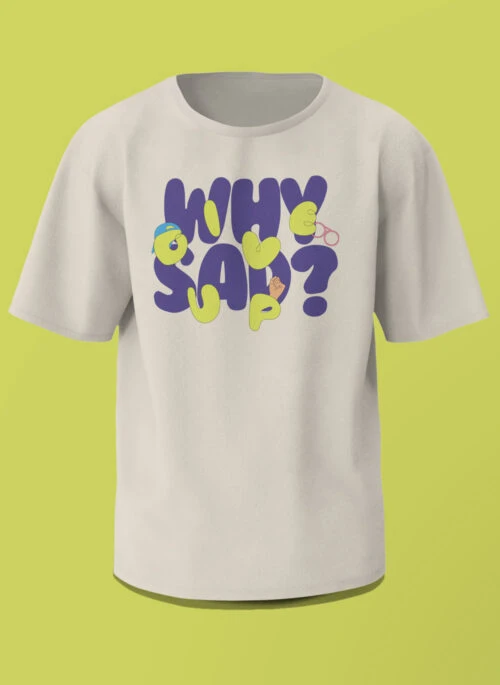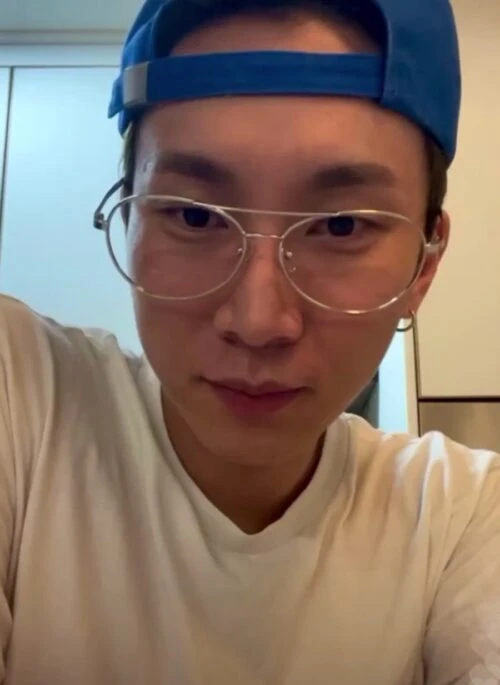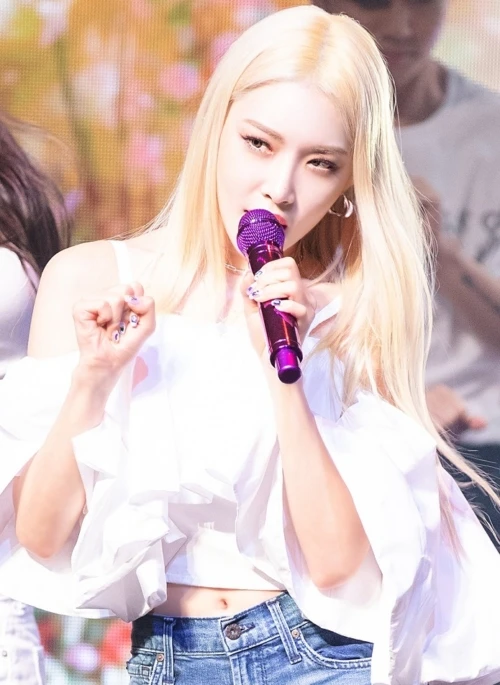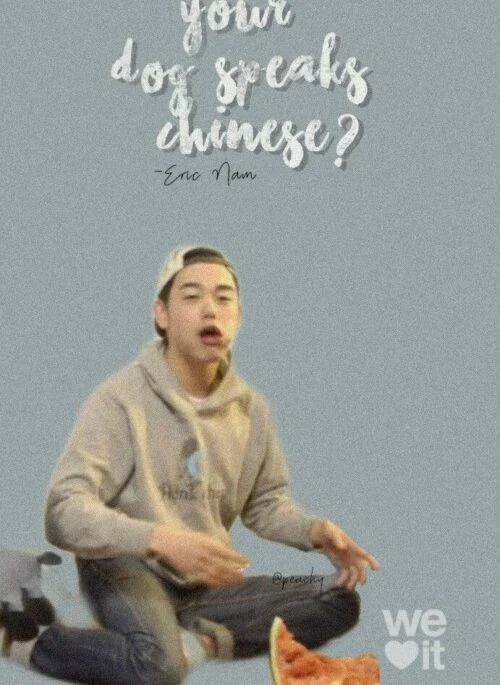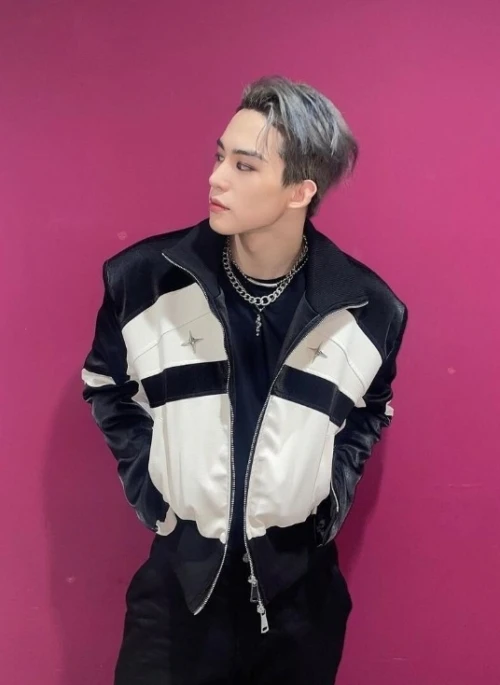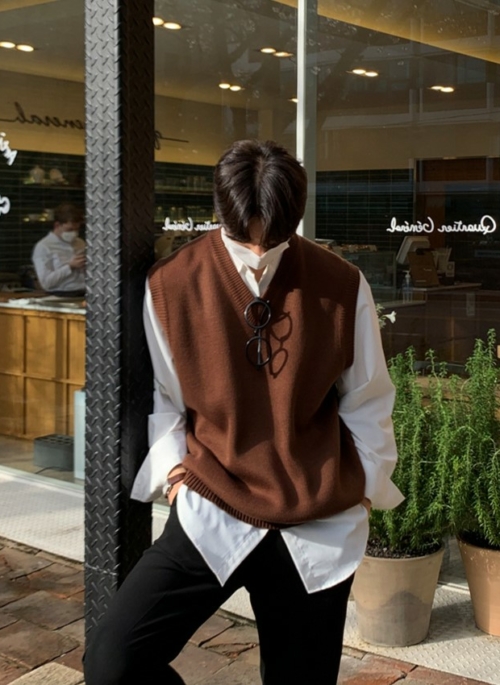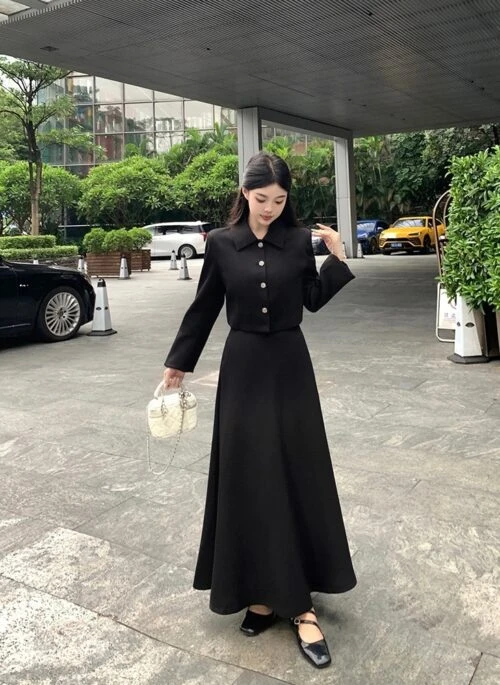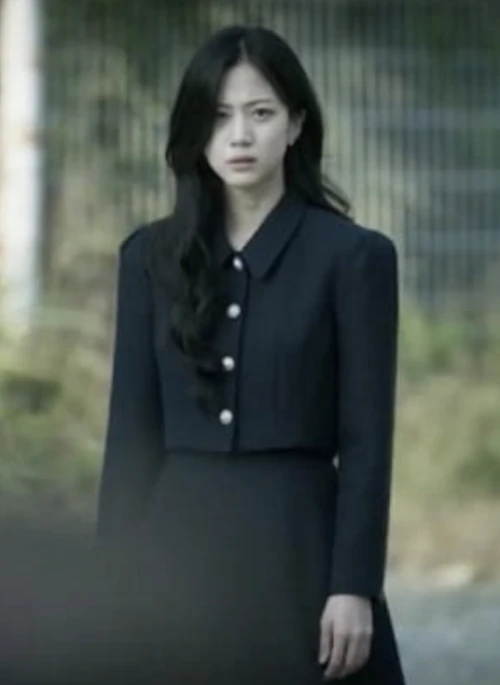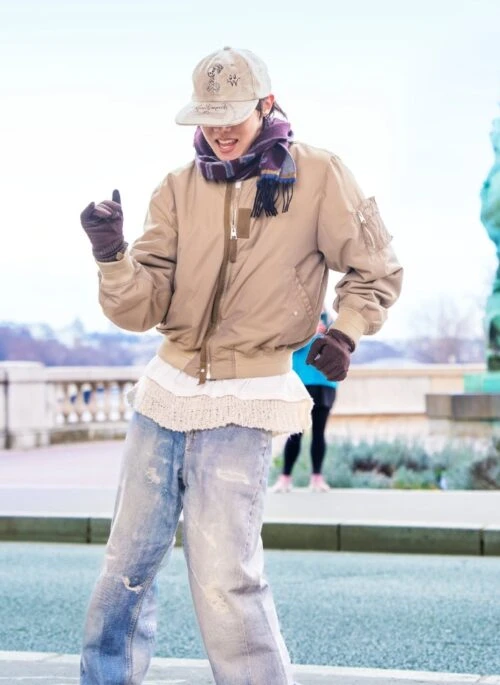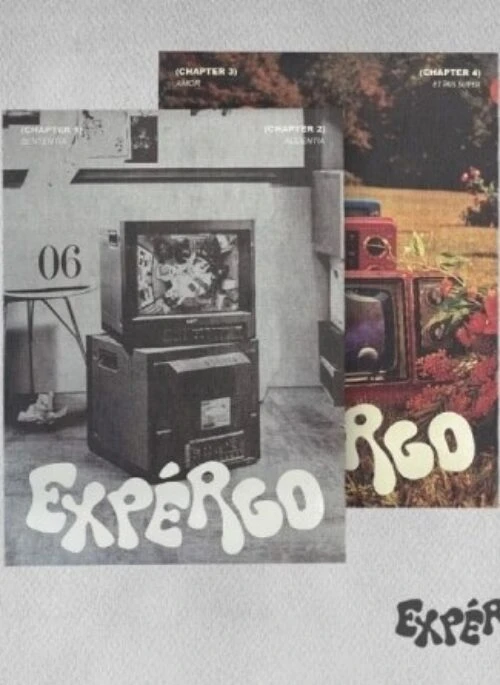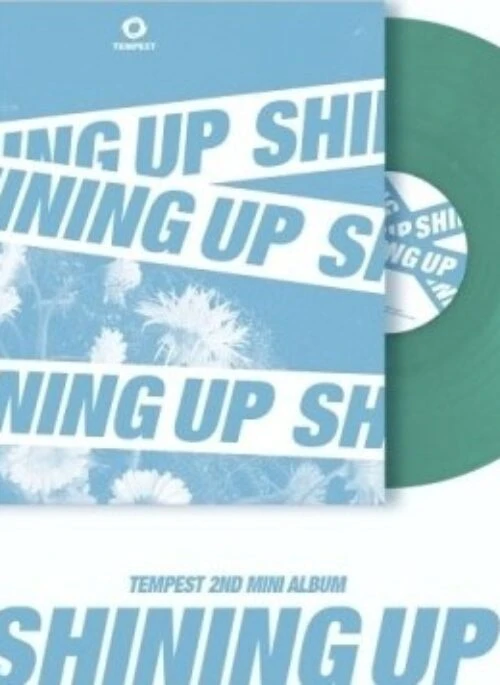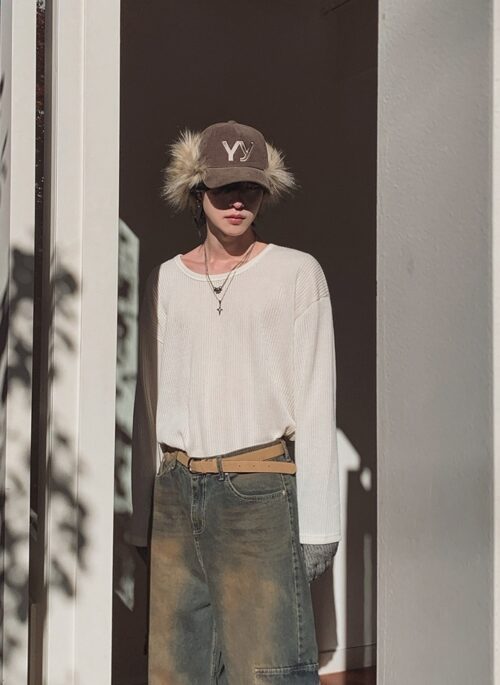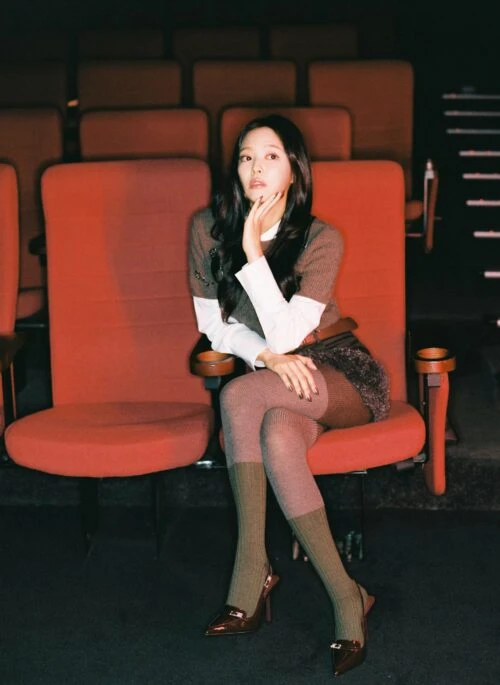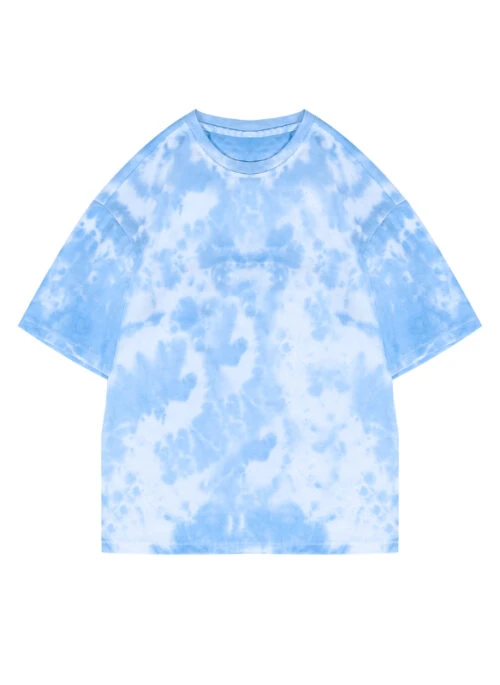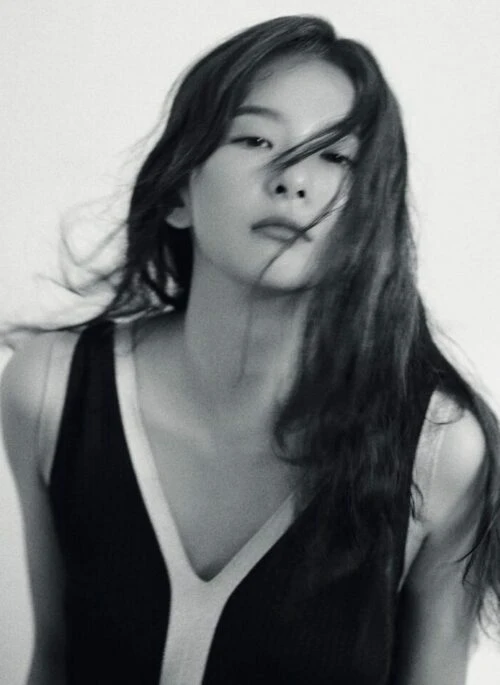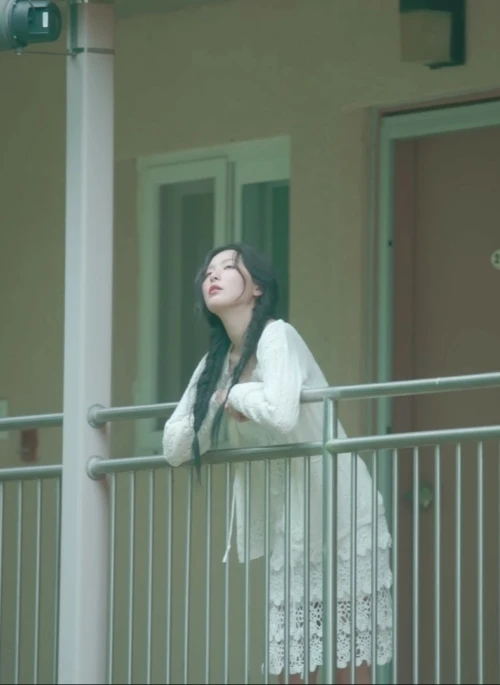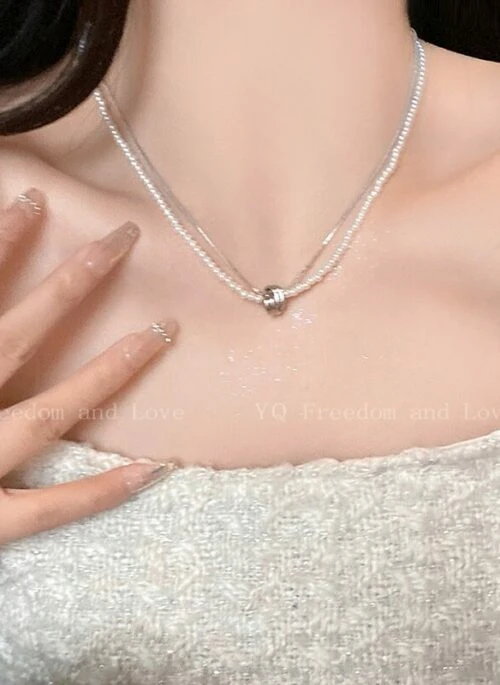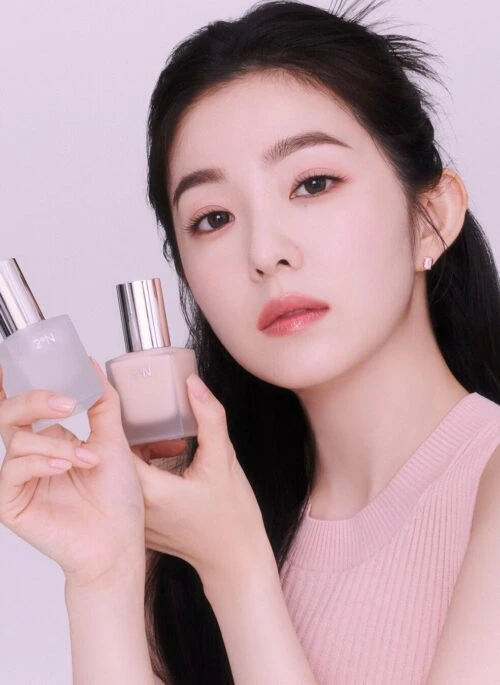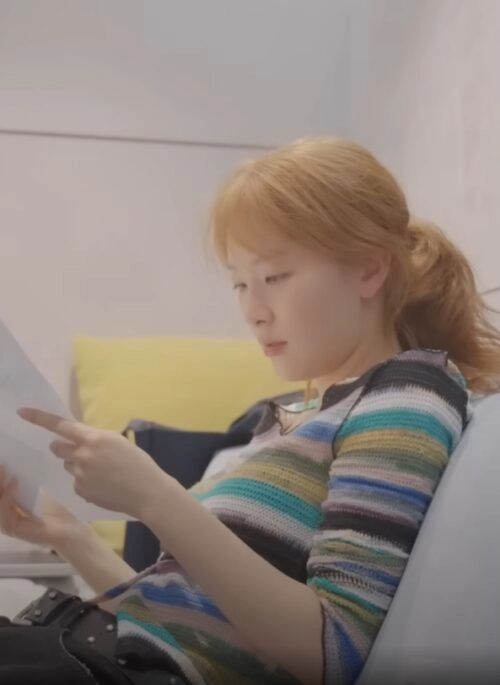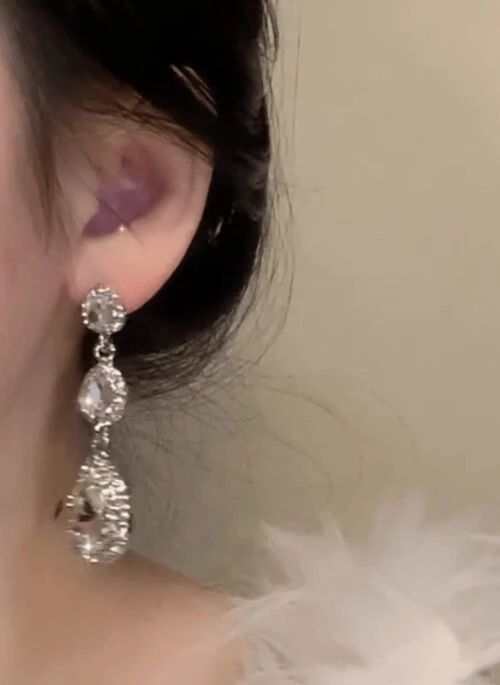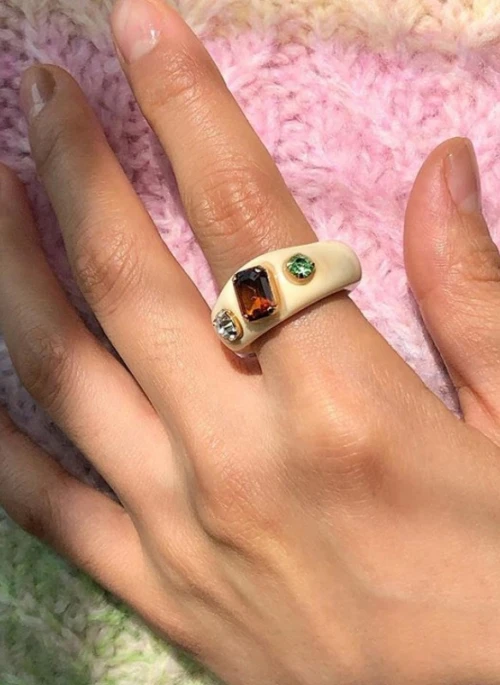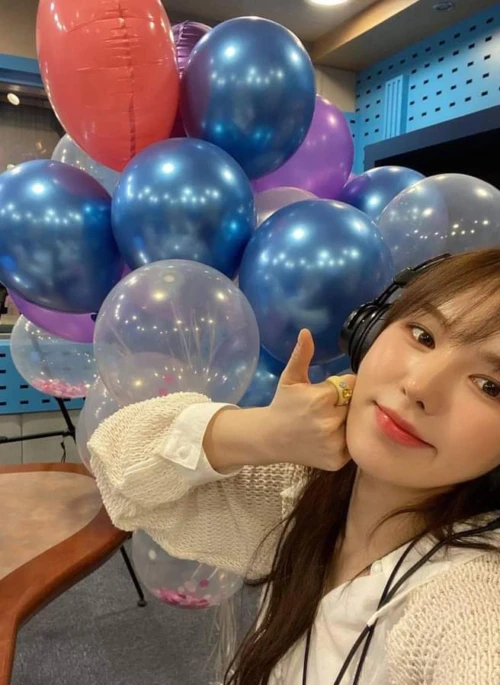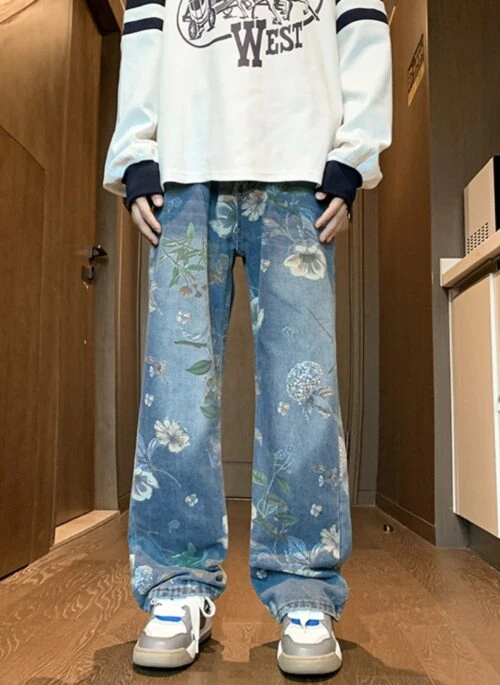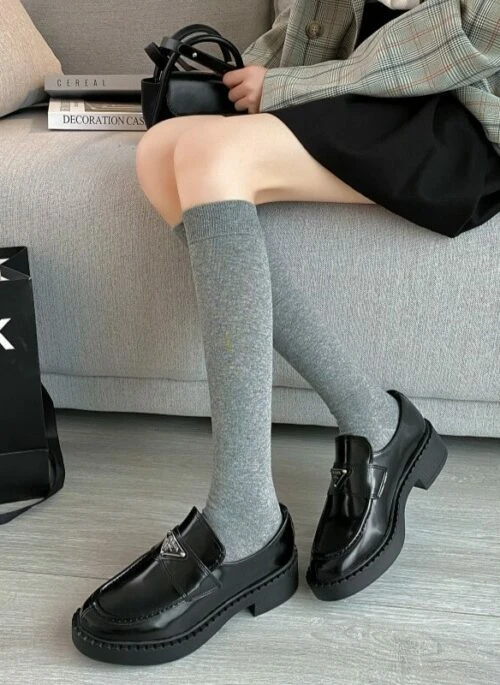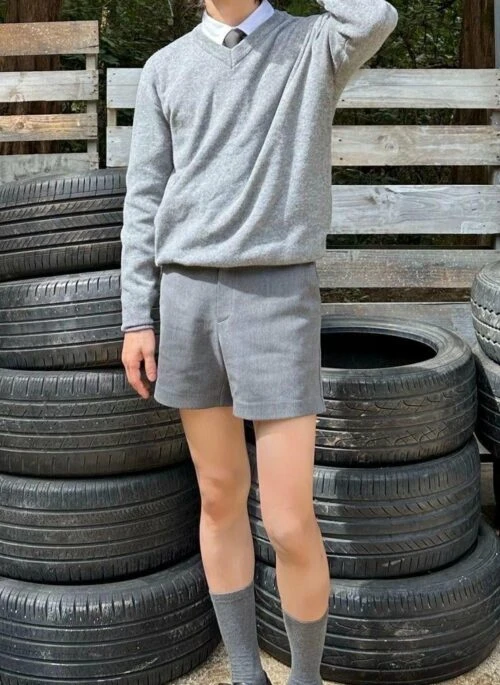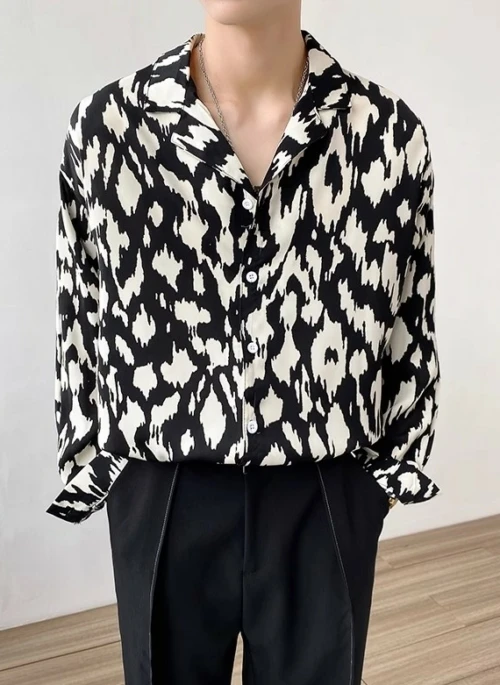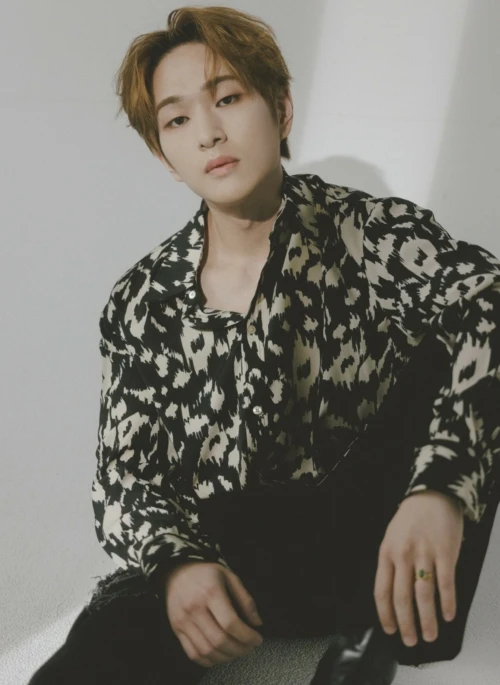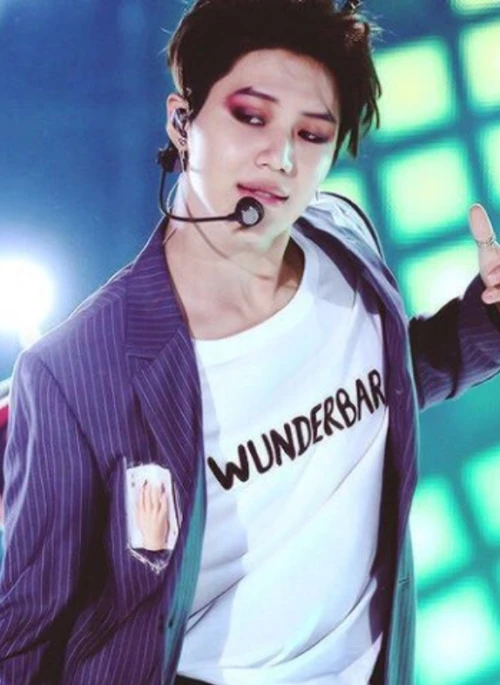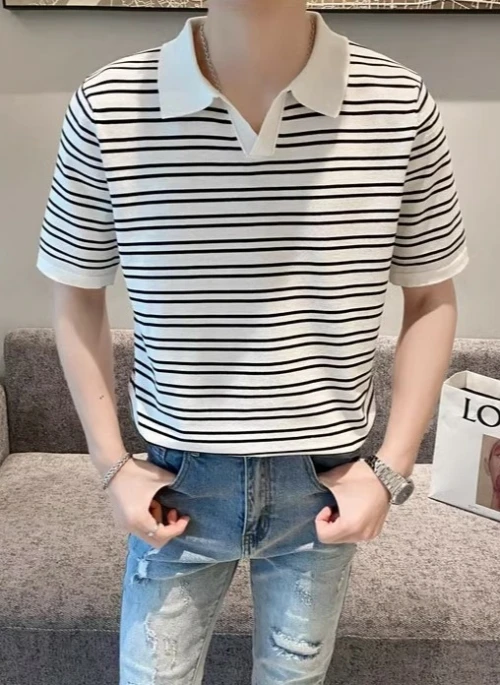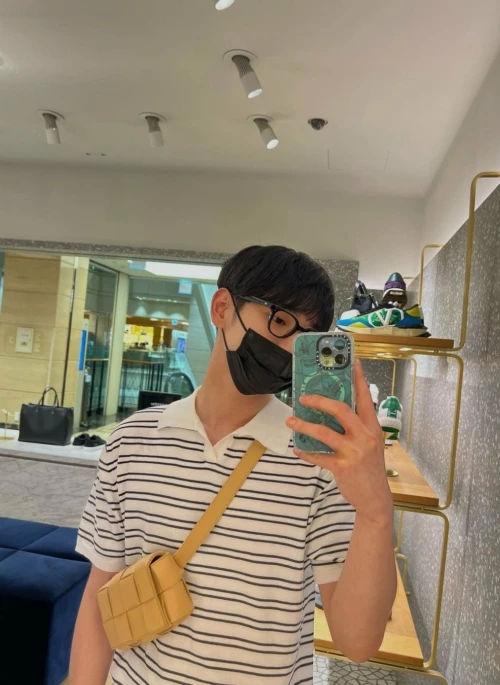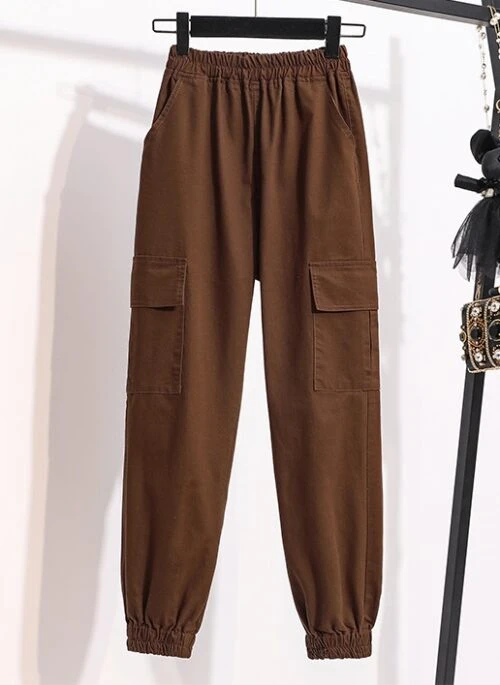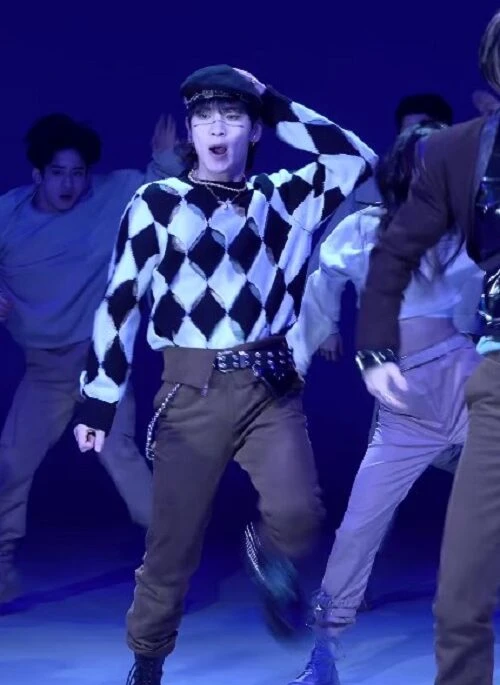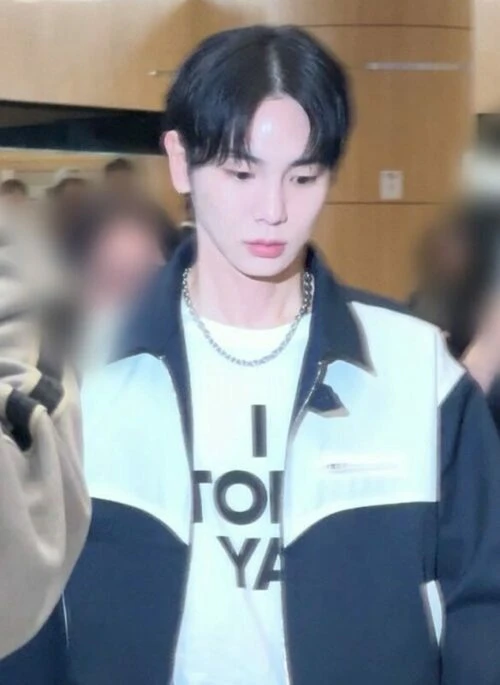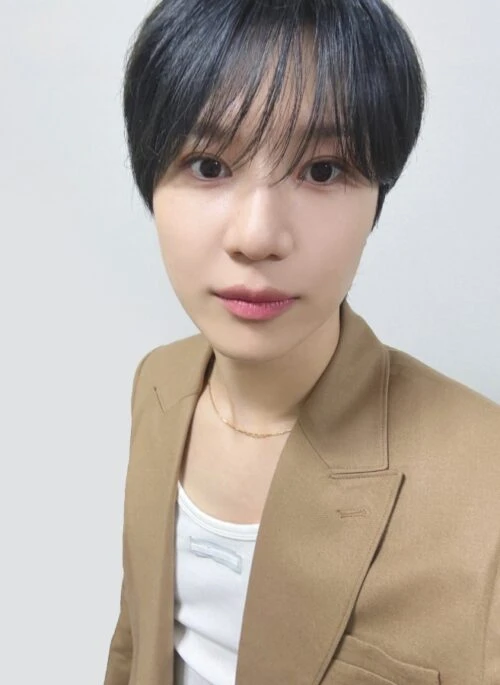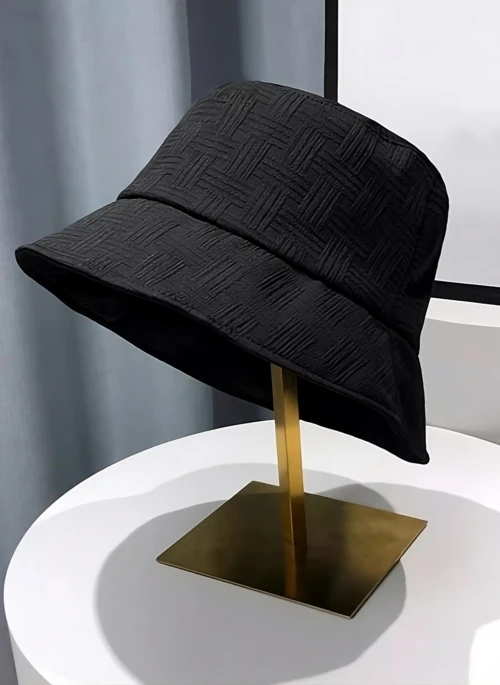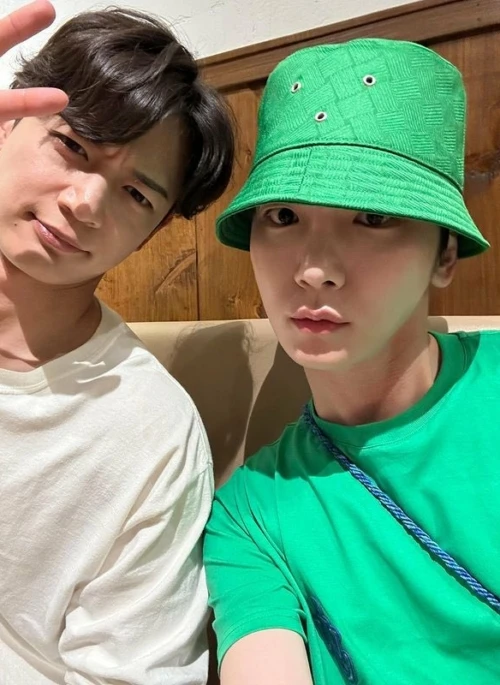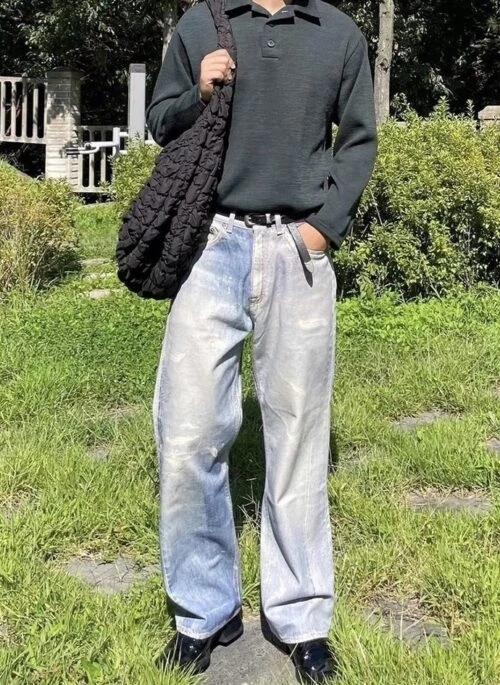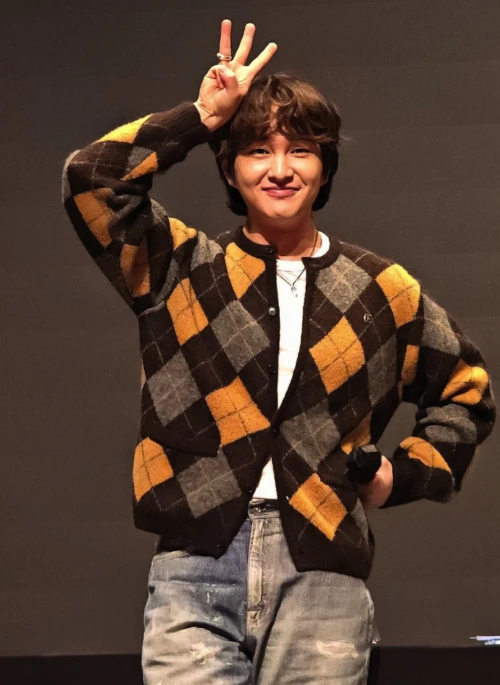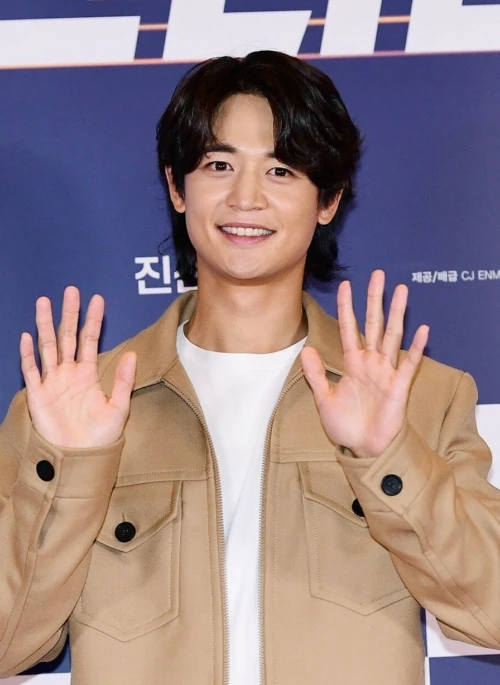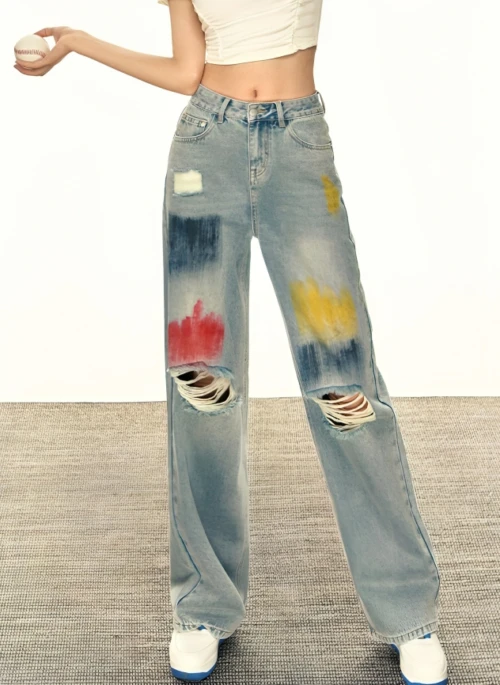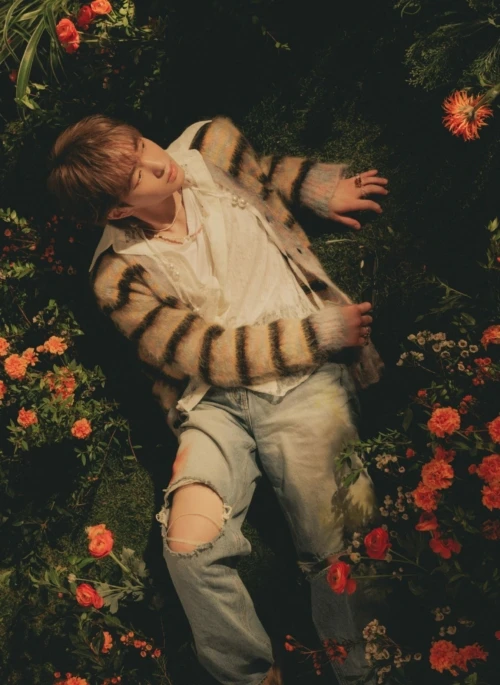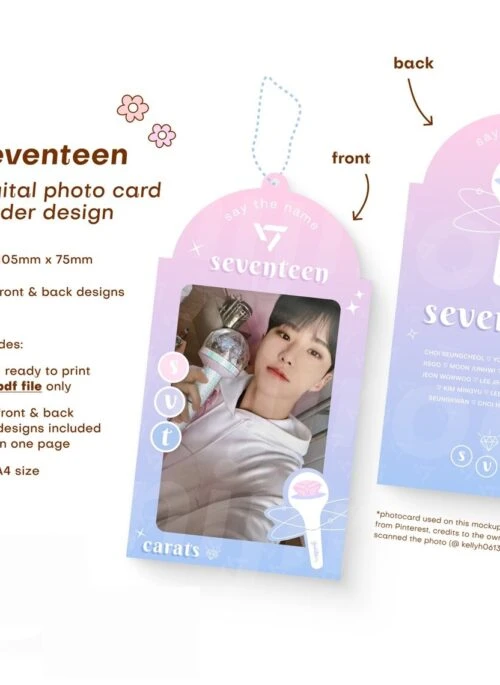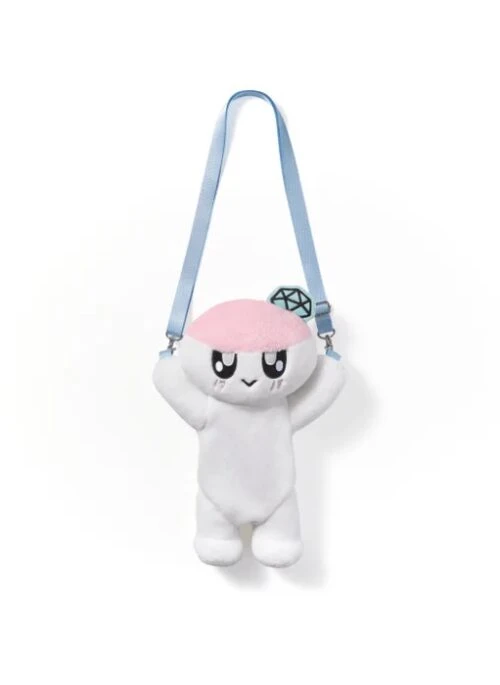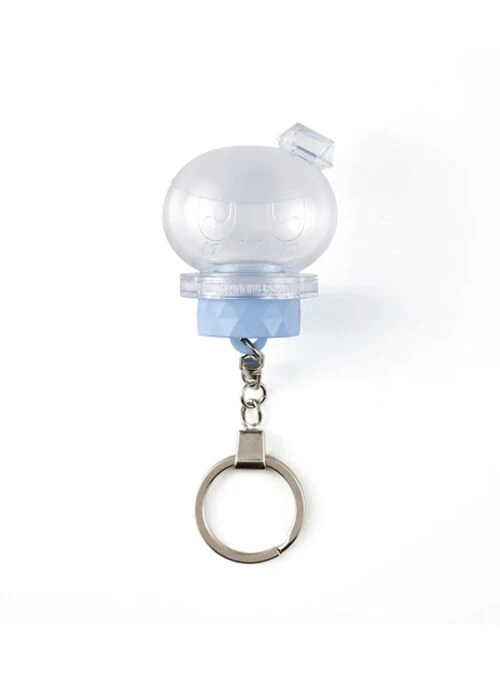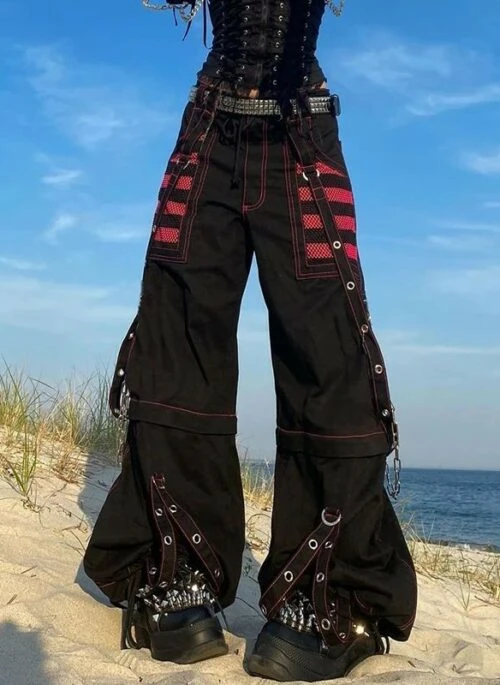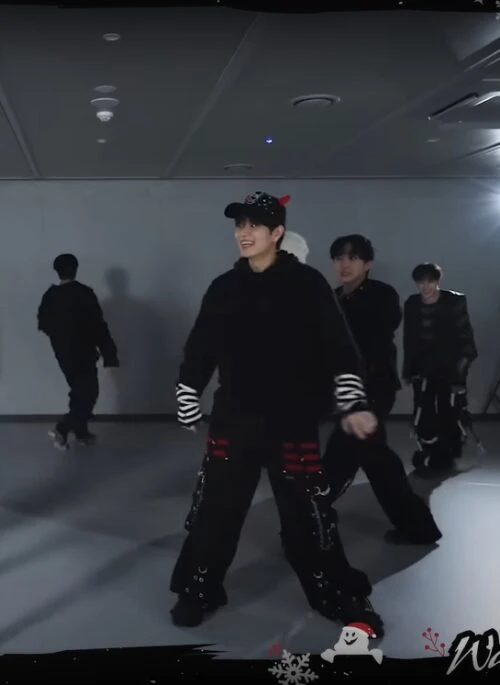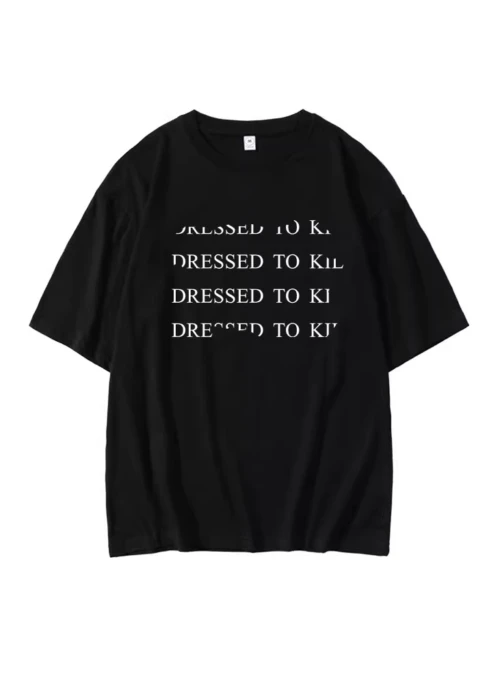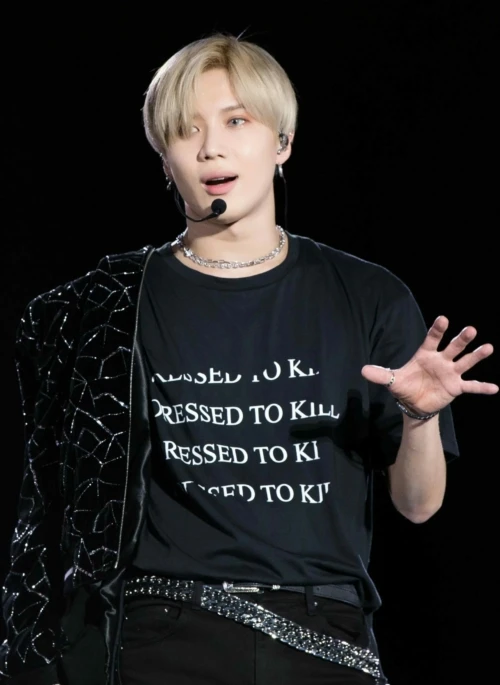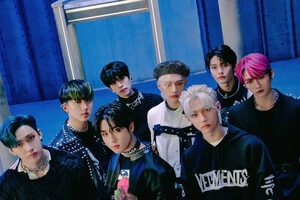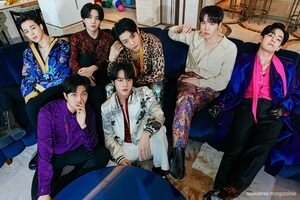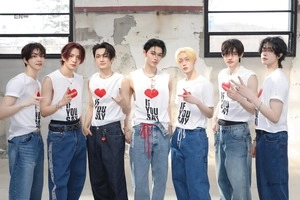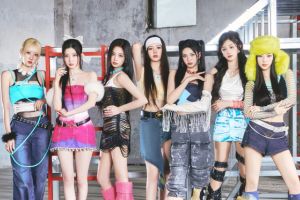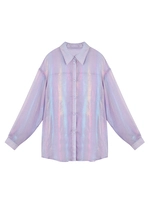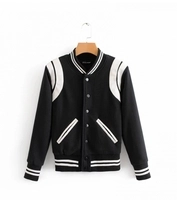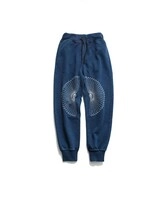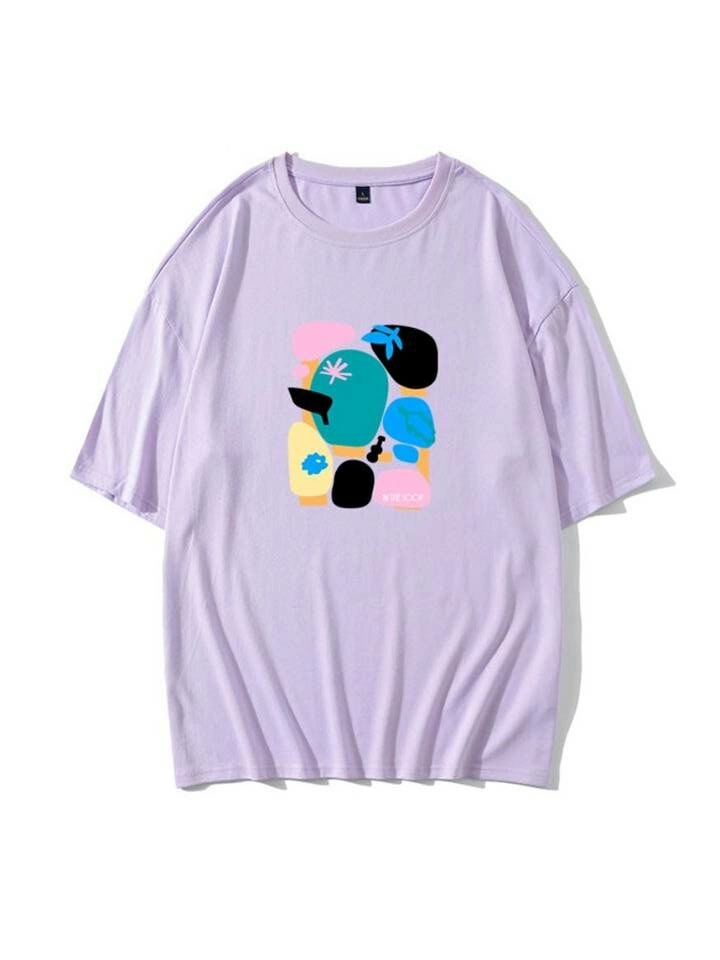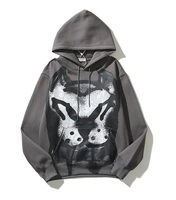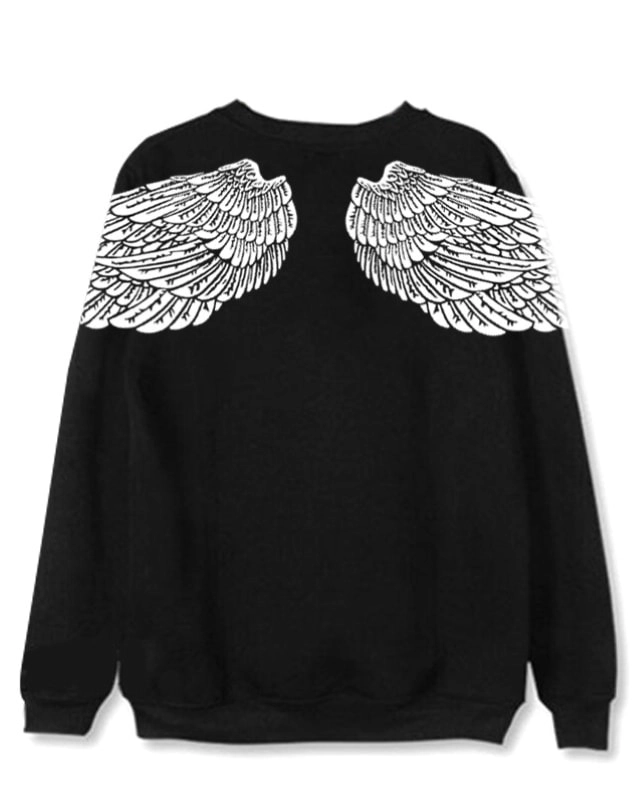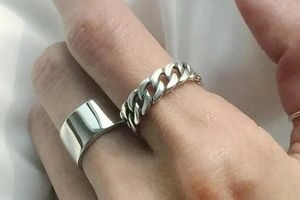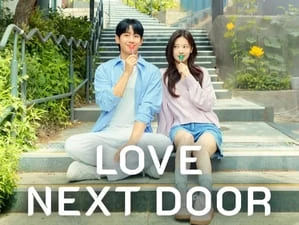07/04/2025
The Dark Reality of Korean Entertainment: Kim Sae Ron’s Passing Sparks Concern
Fans and hate in the same sentence used to sound impossible, until K-pop came along. Today Korean entertainment has more fans worldwide than South Korea’s total population. But behind the glamour is a harsh reality of pressure and toxic fan culture, which tragically made the late actress Kim Sae Ron one of its victims.
Table of Contents
- The Lure of K-Pop and Its Harsh Reality
- Kim Sae Ron: A Rising Star Gone Too Soon
- The 2022 Incident and Wave of Hate
- Understanding the Pressure: Why So Many Young Stars Struggle
- Beyond the Industry’s Fault: The Role of Toxic Fan Culture
- Unforgiving Public and Female Celebrities: A Double Standard
- Other Heartbreaking Examples: Where Fans Turned into Tormentors
- Dispatch’s Photos and the Ongoing Cyber Harassment
- A Failed Comeback and a Tragic Ending
- The Root of the Problem: Societal Pressure and Mental Health
- Final Thoughts: A Need for Empathy
The Lure of K-Pop and Its Harsh Reality
The world of K-pop is mesmerizing—dazzling performances, glamorous idols, carefully engineered entertainment. It has drawn millions of fans worldwide, giving South Korea unparalleled cultural influence. Yet, behind this veneer of perfection, dark undertones lurk: a mounting wave of issues plaguing young stars, overshadowing the glitter of stardom. These troubles go far beyond musical creativity or chart success; they speak of mental health struggles, relentless fan pressure, and unforgiving online criticism.
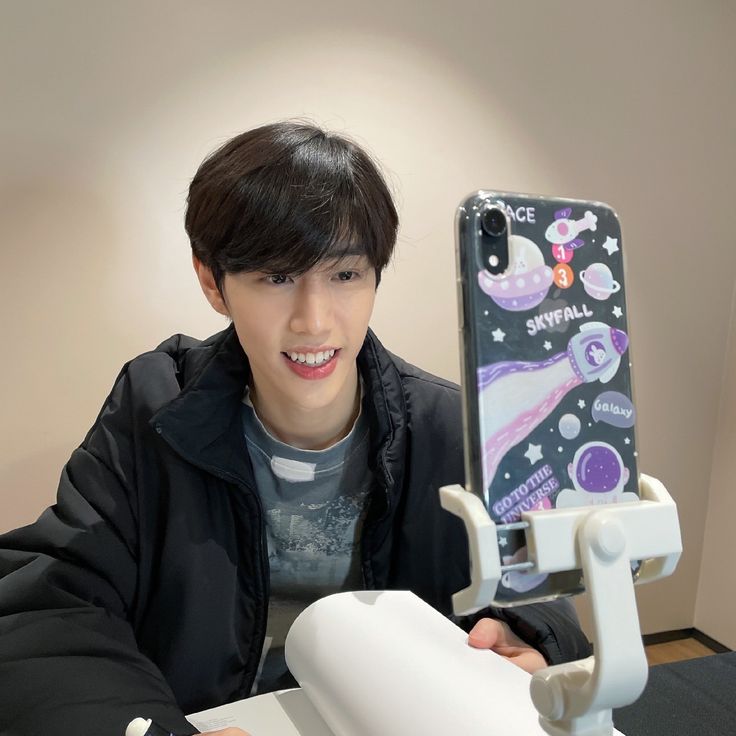
Today, Korean entertainment boasts more fans worldwide than South Korea’s total population. But as the tragic story of actress Kim Sae Ron reminds us, fame in the K-pop or K-drama scene can also come with relentless stress and hostility—sometimes with devastating outcomes.
Kim Sae Ron: A Rising Star Gone Too Soon
Kim Sae Ron was born in 2000 and began her acting career at the tender age of nine. She made her debut in the 2009 film A Brand New Life, portraying a young girl abandoned at an orphanage by her father—an emotionally charged role that already showcased her depth. Her breakthrough came with the 2010 crime thriller The Man from Nowhere, a film that dominated the South Korean box office that year. Sae Ron’s gripping performance not only wowed audiences but earned her a domestic acting award, cementing her status as a rising star.
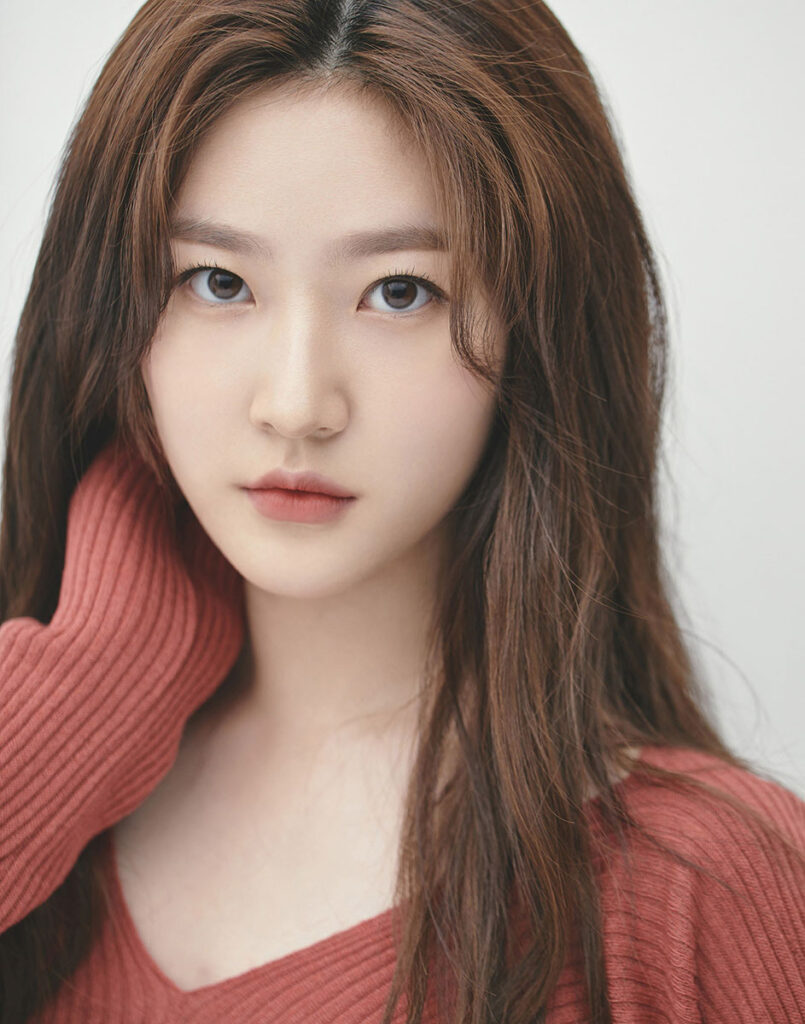
Over the following years, her talent flourished. She took on challenging roles across film and television, nabbing multiple prestigious awards. Yet, her promising career trajectory took a sharp nosedive after a 2022 drunk driving incident, resulting in a court fine and a wave of public condemnation from which she never fully recovered.
The 2022 Incident and Wave of Hate
According to reports, while Sae Ron was driving under the influence, she crashed into multiple structures: a transformer, guardrails, and street trees. The impact caused a breakdown of the transformer, leaving 57 local shops without power for three hours—a disastrous blow to local businesses, compounding the severity of her actions. Facing legal repercussions, she withdrew from acting to reflect and “focus on her health.”
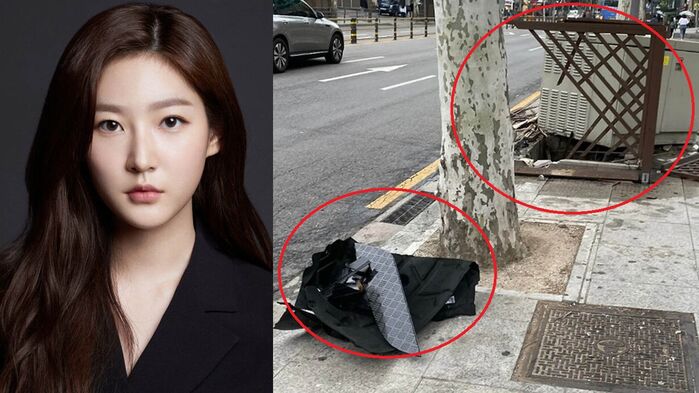
However, 2022 also marked the beginning of an unstoppable wave of hate against her. In South Korea, celebrities who falter often endure merciless online harassment, and Sae Ron was no different. Media outlets and social media fueled outrage, pouncing on her every public appearance—be it a casual outing with friends or an expression of frustration about her stalled career. Even smiling on set for an indie film was enough to incite condemnation, revealing how unrelenting the public had grown in their scrutiny of her post-accident life.
Understanding the Pressure: Why So Many Young Stars Struggle
This poses a difficult question: Why do young, seemingly successful idols or actresses, who appear to have everything, succumb under intense pressure? The answer isn’t merely about hectic schedules. It stems from a deeply entrenched culture that demands perfection and punishes flaws harshly—often ignoring mental health altogether. And it’s not a new phenomenon in South Korea, either.
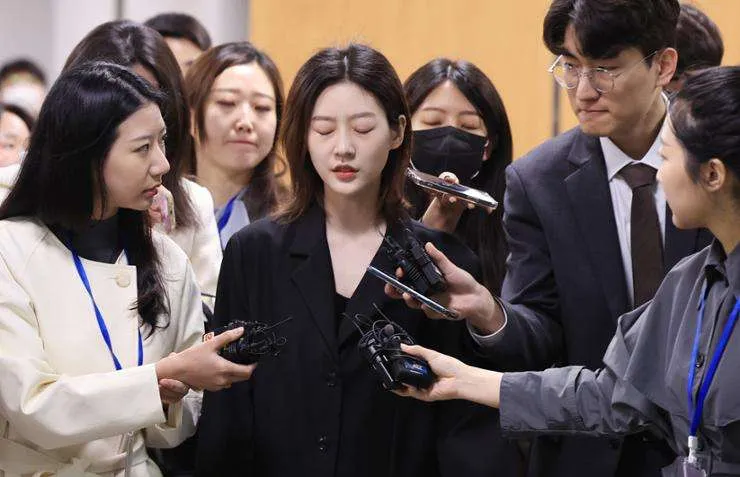
The entertainment industry in particular has a reputation for being relentlessly tough. The margin for error is nearly zero, and the public eye is consistently unforgiving. Sae Ron’s tragic passing forced a re-examination of this reality: behind the glitter of global fame, stars often face crippling stress, unrealistic public expectations, and fear of incessant backlash.
Beyond the Industry’s Fault: The Role of Toxic Fan Culture
While the blame is often placed on agencies for overworking idols, fans and online communities also bear responsibility. In K-pop, fandom isn’t a mere pastime but a lifestyle—and it can turn dangerously toxic. Celebrities are expected to maintain spotless images, yet the same fans who claim to adore them may unleash brutal criticism at the slightest misstep. Cancel culture in Korea can be especially harsh, leaving no room for celebrities to recover or redeem themselves, even for minor slips.
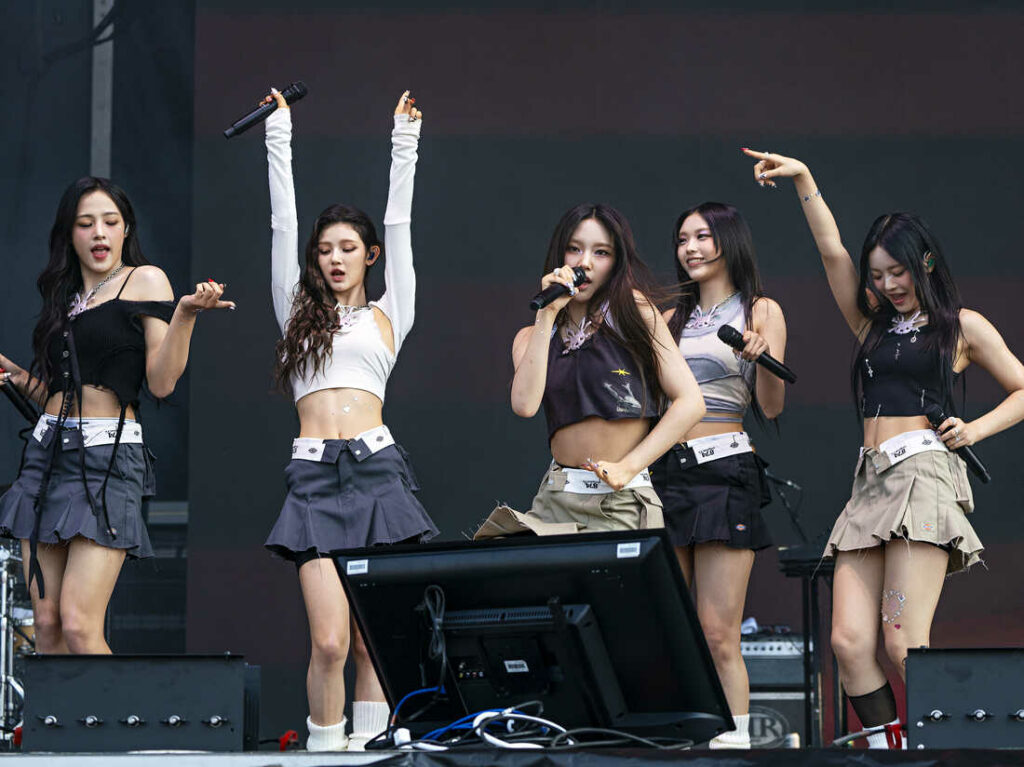
Parasocial relationships—where fans feel intimately connected to idols they’ve never met—intensify this dynamic. Many K-pop stars and actors face disproportionate backlash for simply dating or expressing personal beliefs. This is the double-edged sword of a deeply devoted fan base: the same zeal that uplifts idols can also turn into fierce hatred when fans perceive any breach of their unrealistic expectations.
Unforgiving Public and Female Celebrities: A Double Standard
It’s no secret that female celebrities often face harsher scrutiny. The stark double standard in K-pop and Korean media is glaring. Men caught in serious scandals frequently make comebacks to adoring fans. Meanwhile, women—even those with lesser missteps—are forced into indefinite exile or perpetual apology. The late actress Kim Sae Ron exemplifies this troubling discrepancy. Although her drunk driving was undeniably severe and warranted legal and public consequences, the relentless hostility afterward seems out of proportion, especially compared to how some male idols bounce back from comparable controversies.
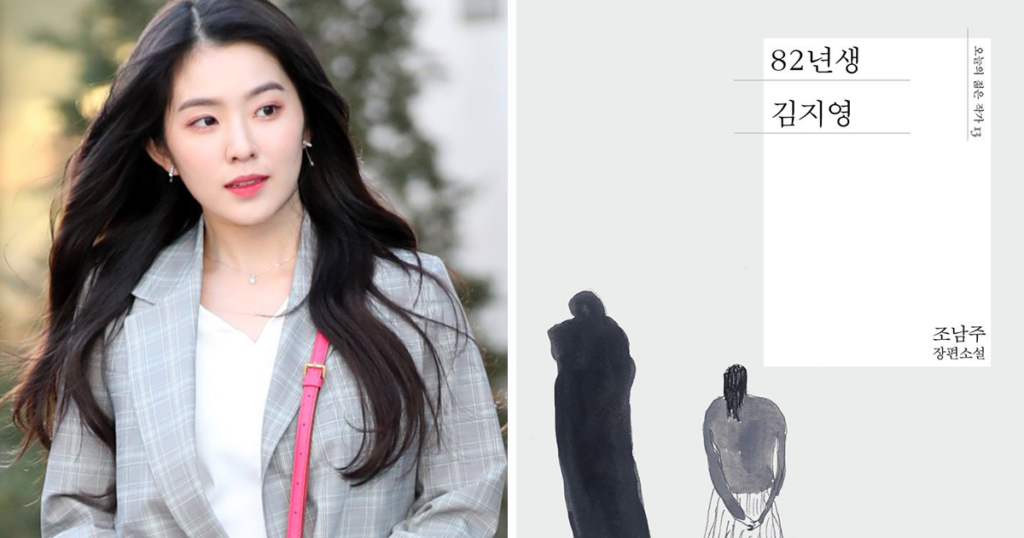
Another example: Red Velvet’s Irene faced furious backlash just for reading a feminist book (Kim Ji-young, Born 1982), prompting fans to burn her photos in protest. Irene survived the wave of online slander, but many other female artists have not been as fortunate, highlighting the toxic environment that female stars in particular must navigate.
Other Heartbreaking Examples: Where Fans Turned into Tormentors

The tragic losses of idols like Sulli and Kim Jong-hyun still loom large in K-pop’s collective memory. Sulli, a former member of f(x), was found lifeless at 25 after enduring relentless cyberbullying and criticism for her open-minded stances on women’s rights. In 2017, SHINee’s Jonghyun, aged 27, took his own life while battling severe depression. Despite widespread fame, he felt isolated under the intense, unforgiving culture where any mistake can lead to ruthless condemnation.
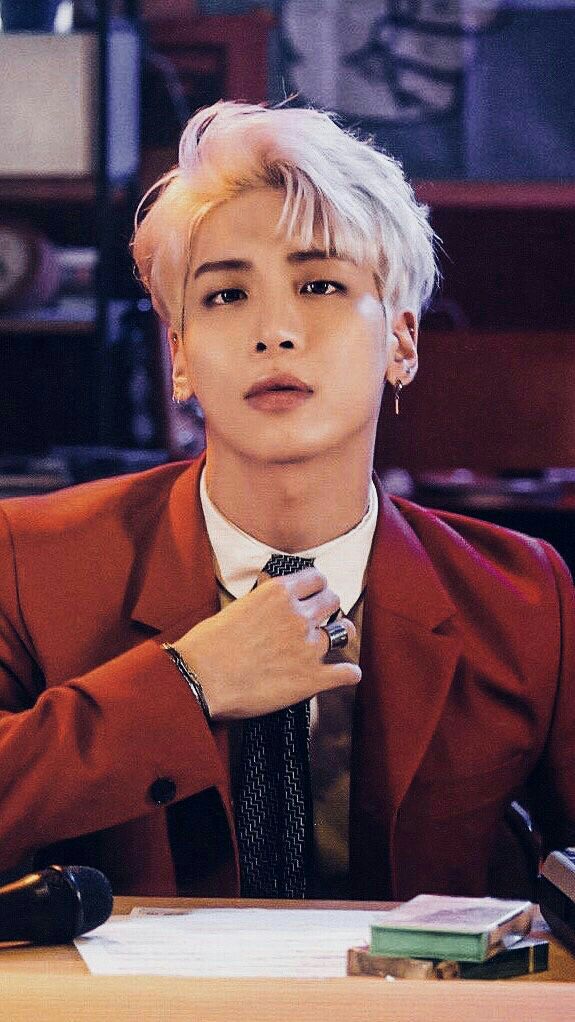
These heartbreaking stories underline how online harassment can push even the most successful stars to extremes. The contradiction lies in fans who proclaim love but can swiftly turn into tormentors when stars deviate from an idealized image. Kim Sae Ron’s journey likewise reveals how hate—and relentless media spotlight—can break someone down, regardless of how talented or beloved they once were.
Dispatch’s Photos and the Ongoing Cyber Harassment
A few months after Kim Sae Ron’s controversy erupted, Dispatch released photos of the actress playing poker, contradicting her claims of financial hardship. According to the outlet, she was seen at a poker pub that specialized in Texas Hold’em. The pub owner clarified no illegal gambling took place, as chips purchased via the app could not convert to cash and could only be used for food and drinks. Nevertheless, the pictures fueled renewed outrage, with Dispatch remarking that her behavior seemed inconsistent with the narrative of someone struggling financially.
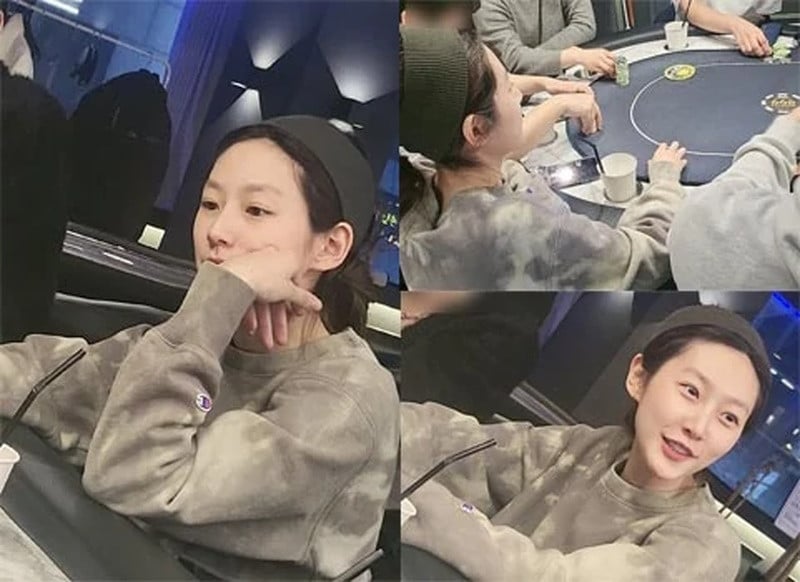
This was only one more instance of how minor personal choices turned into online witch hunts. Sae Ron faced ridicule simply for trying to enjoy her life post-controversy. She sought a regular job to cover expenses for local businesses impacted by her car accident, fulfilling her role as her family’s breadwinner. Yet each step she took toward normalcy was twisted into another “reason” to hate on her. Netizens insisted she remain perpetually remorseful, never allowing her a chance to move forward.
A Failed Comeback and a Tragic Ending
By 2024, it seemed Kim Sae Ron might make a comeback in the stage play Dongchimi. Fans who stayed by her side rejoiced, hoping she could rebuild her image and career. But mere days after the casting was announced, organizers revealed she had withdrawn due to health concerns—leading many to suspect yet another surge of negativity had forced her out. The public backlash surrounding her return was simply too intense.

In the aftermath of her devastating passing, fans shared sorrowful messages online. One wrote, “She tried to get a café part-time job to make ends meet but was rejected, then tried returning to theater but had to give it up because of the public outcry. This is so harsh.”
The Root of the Problem: Societal Pressure and Mental Health
Na Jong-ho, a psychiatry professor at Yale, weighed in on these tragedies, pointing out how South Korean society often discards individuals who make grave mistakes rather than offering second chances. He stated, “Drunk driving is a big mistake. …But a society that buries people who make mistakes without giving them a second chance is not a healthy one.” For female celebrities, the standard can be especially unforgiving, as they’re held to rigid expectations—flawlessness, humility, and contrition—far beyond what many of their male peers face.
While celebrities aren’t above the law or immune to consequences, the extreme hostility they face online—particularly women—is a systemic problem. A single misstep can overshadow years of success and fan devotion, leaving them trapped in a cycle of public shame and media sensationalism that can drive them to despair.
Final Thoughts: A Need for Empathy
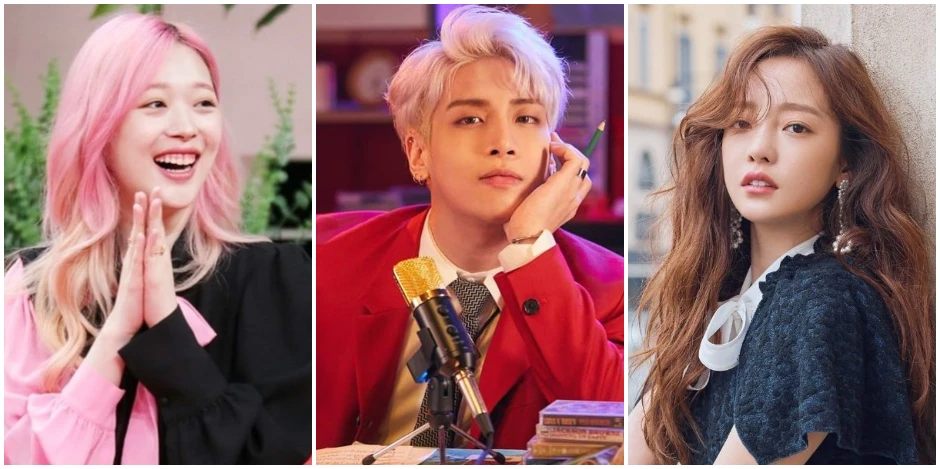
The saddening tale of Kim Sae Ron, much like those of Sulli, Goo Hara, and Jonghyun, serves as a stark reminder: social media and fandom can lift stars up or tear them down with astonishing speed. Those hurling vitriol often forget the target is a human being, not an abstract character on a screen. The modern digital age magnifies each misstep, with a single “like” or hateful comment contributing to a cascade of emotional damage that can be irreversible.
Crucially, it’s not about exonerating celebrities who err—like a drunk driving incident—but about recognizing that everyone deserves a shot at redemption and mental well-being. South Korea’s entertainment industry might be top-tier in global recognition, yet it remains deeply flawed in its handling of mental health, intolerance of imperfection, and misogynistic double standards. We, as fans and netizens, have a choice: continue fueling the toxic cycle or push for empathy, nuanced discussions, and reasonable boundaries.
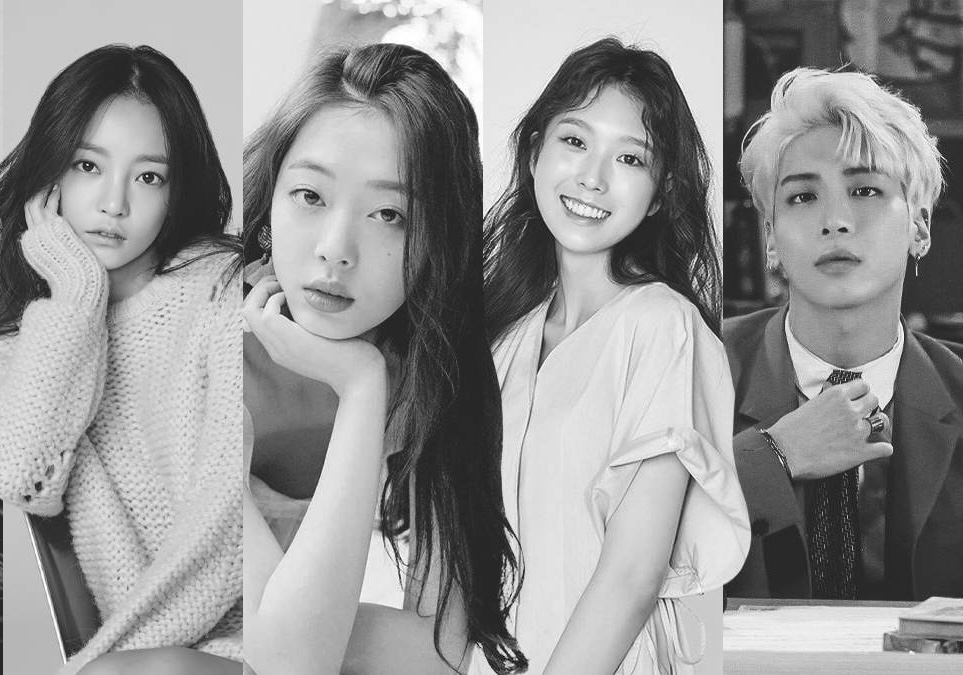
The solution isn’t simple, but one thing is clear: every hateful comment has the potential to drive someone deeper into isolation and desperation. As Kim Sae Ron’s story demonstrates, the toll can be devastating. Let her story—and those of other young stars lost too soon—be the wake-up call that we need more empathy, understanding, and forgiveness in K-pop culture and beyond.




